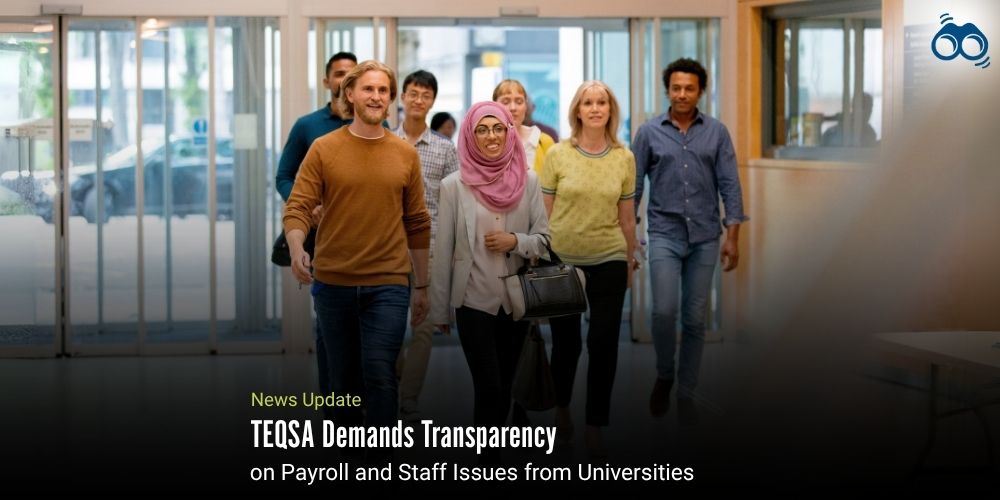New Rules, New Burdens: TEQSA Tightens Grip on University Employment Practices
Australian Universities Must Report Annually on Workplace Compliance, Says TEQSA
In response to increasing concerns over workplace compliance within the higher education sector, the Tertiary Education Quality and Standards Agency (TEQSA) has issued a Statement of Regulatory Expectations: Compliance with Workplace Obligations. Released on 29 May 2025, the directive outlines the essential standards that universities and higher education providers must adhere to to prevent underpayment and breaches of employment contracts.
The timing of this announcement reflects heightened scrutiny following the identification of systemic underpayment issues by both TEQSA and the Fair Work Ombudsman (FWO). Although numerous universities have already begun repaying affected staff, TEQSA has emphasised that structural reforms are necessary to prevent future violations and ensure fair employment practices. Furthermore, the statement applies to all higher education providers, with Australian universities facing increased scrutiny. Institutions within this category will be required to submit an annual compliance attestation from their Vice-Chancellor, supported by an evidence index, for an initial two-year period beginning in 2025.
TEQSA expects universities to establish robust mechanisms to detect and rectify non-compliance, ensuring active oversight from senior leadership and boards. The submitted compliance data will subsequently inform TEQSA’s registration and risk assessments. Additionally, TEQSA has drawn attention to broader concerns within higher education, including wage theft, staff casualisation, governance failures, and student wellbeing issues and is seeking enhanced enforcement powers such as fines and warrants to address these risks effectively.
The National Tertiary Education Union (NTEU) and the Fair Work Ombudsman have flagged ongoing underpayment concerns across Australian universities, reporting that nearly $180 million has been recovered from 26 institutions. Despite apprehension among universities regarding increased compliance demands, TEQSA remains committed to implementing stricter oversight measures. To facilitate this transition, the agency will soon release detailed guidance outlining reporting deadlines and formats. Vice-Chancellors must formally attest to compliance, while universities will need to integrate these requirements into their governance, payroll, and HR systems to enhance transparency and accountability.
TEQSA’s latest regulatory reforms mark a decisive effort to tighten oversight in response to widespread workplace compliance concerns. Going forward, Australian universities must demonstrate annually that they fulfil their employment obligations, ensuring greater accountability through strengthened governance and documentation.
Editor’s Note:
TEQSA’s new rules show a clear push for stronger oversight in higher education, making sure universities meet their workplace responsibilities more seriously. While issues like wage theft and over-reliance on casual staff have been problems for years, the new requirement for formal compliance reports and risk checks gives a clearer structure to protect staff rights. However, these changes also add extra work for universities, many of which are already dealing with financial stress and major changes. It’s important to find a balance, too many rules could make it harder for universities to do their main job: teaching and research. Still, the new rules send a strong message: universities must provide not only good education but also fair and ethical working conditions. As the rules get stricter, universities will need to improve how they’re run to build trust, ensure stability, and stay transparent.
Skoobuzz believes that while TEQSA’s new rules add much-needed accountability to protect staff rights, they must be implemented with care. Strong oversight is essential, but it shouldn’t come at the cost of academic freedom or overload universities already under pressure.














0 Comments (Please Login To Continue)